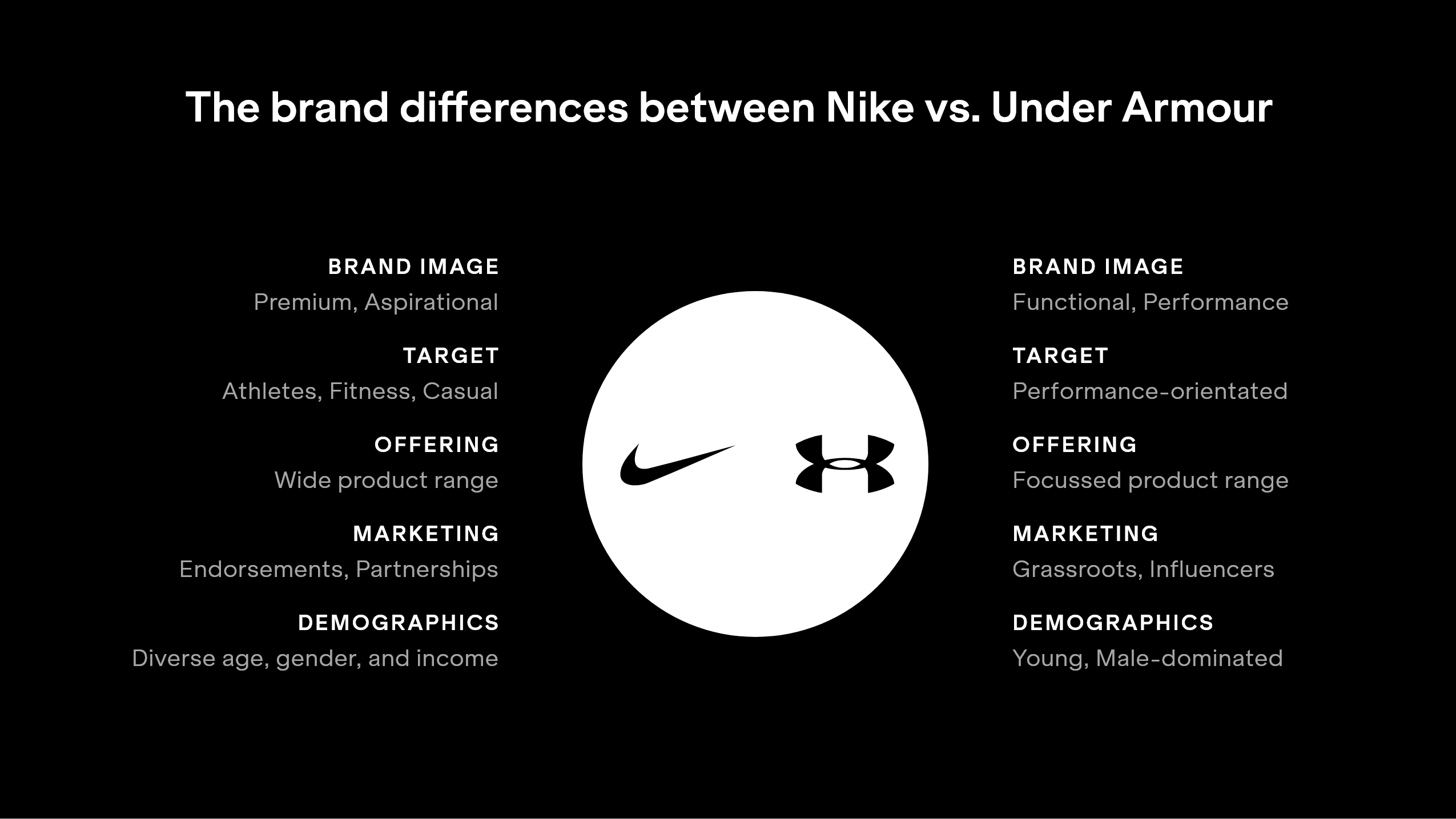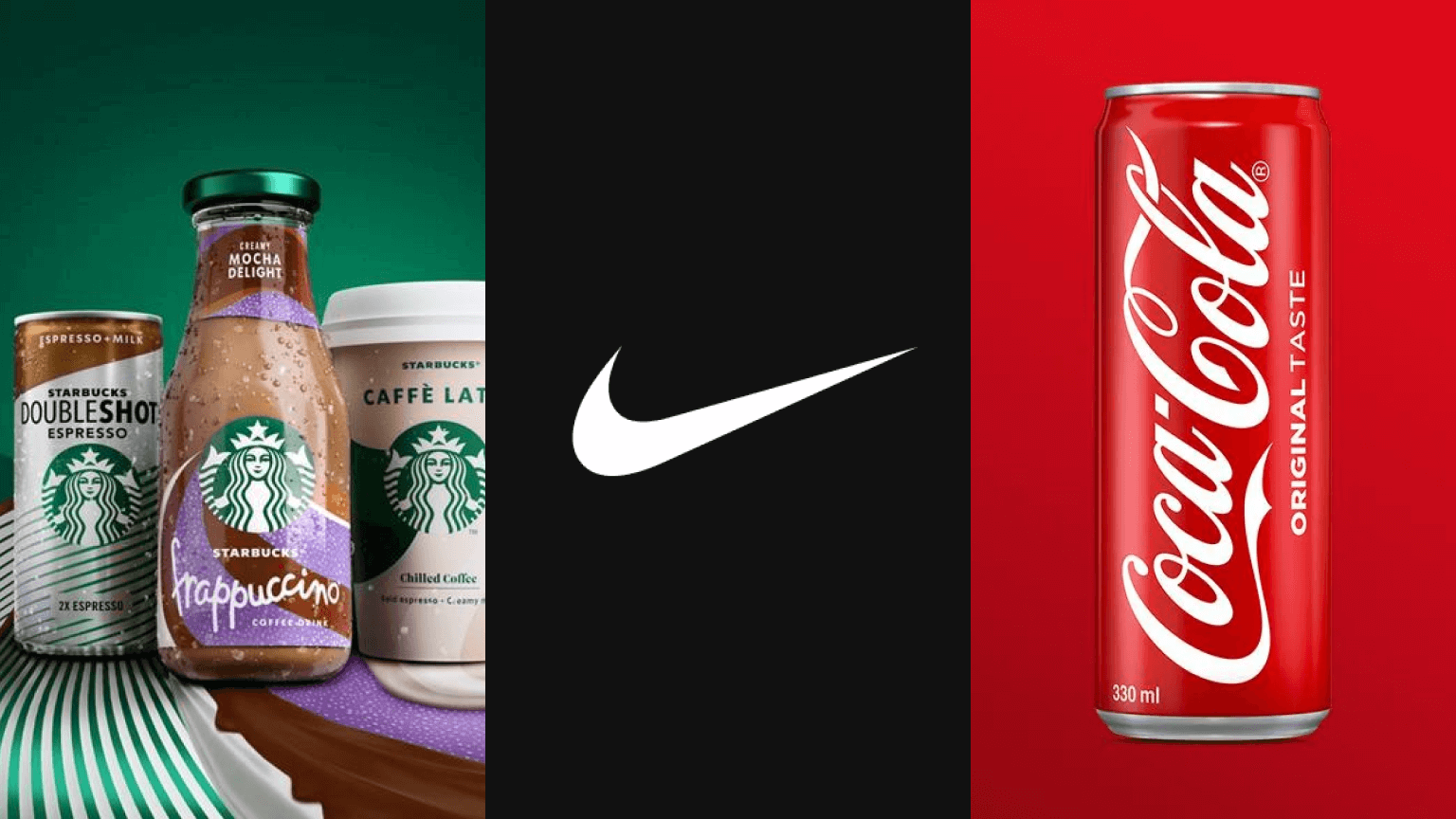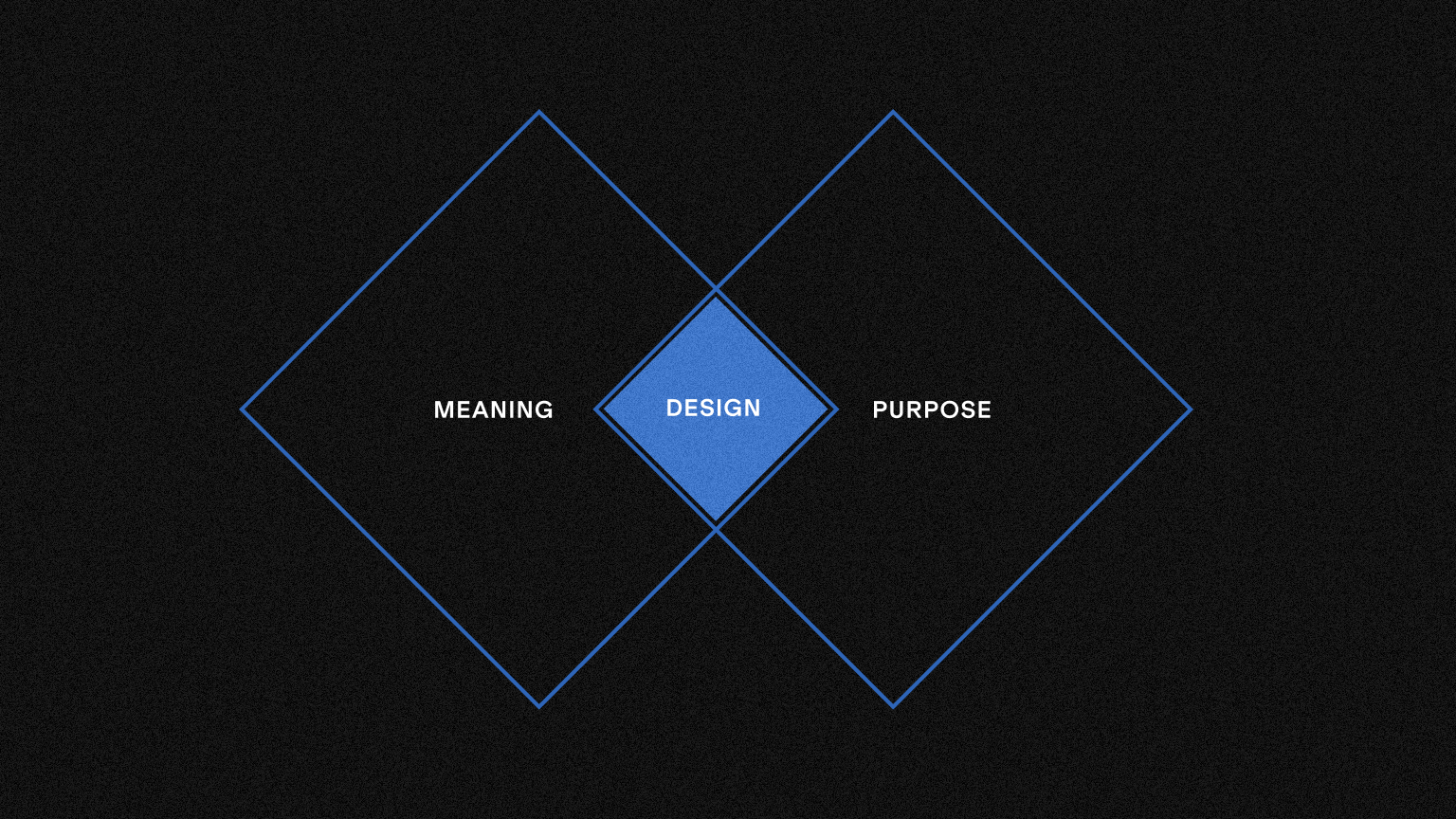The Power of Branding: Why It’s Essential
What is Branding?
A lot of people, from marketers to those in branding struggle with answering the question: What is branding?
The Dictionary of Brand defines a brand as “a person’s perception of a product, service, experience, or organization.”
Marty Neumeier, the author of the best-seller The Brand Gap and speaker on all things brand related, defines brand by first defining what a brand is not: “A brand is not a logo. A brand is not an identity. A brand is not a product.” Neumeier goes on to say that “a brand is a person’s gut feeling about a product, service, or organization.”
The evolution of branding has led to a shift towards subjectivity, where a brand is now largely defined by perception and the accumulated meaning it holds. This has made the concept of a brand more complex and challenging to define, making it difficult to provide a clear and concise explanation.
Historically, branding has been misunderstood as merely an aesthetic component: your Visual Identity. Like logo design, typography, colours… This is a misconception, and it’s important to understand that visual identity is not equal to branding. That said, it’s fair to say that visual identity plays an important role in Branding as it is one of its core elements.
Whilst there is no single definition for branding, in Yozu Creative we like to define it as follows: Branding is the process of creating a unique and meaningful identity for a business in the mind of your target audience and consumers.
Why is branding important?
Branding is an essential aspect of any business, big or small, and it plays a crucial role in determining the success of a company. It can have a significant impact on the overall growth and success of a business. In this article, we’ll explore why branding is important and how it can help a business achieve its goals.
Establishing a Unique Identity
One of the primary reasons why branding is important is that it helps a business establish a unique identity. With the competition increasing in almost every industry, it’s crucial for a company to stand out from the crowd and create a memorable impression in the minds of consumers. A well-rounded brand identity can help a business differentiate itself from competitors and communicate its unique value proposition to customers.
Remember, it’s not only about the visual identity, through the branding process you will dig deep into the roots of your company where you will define your purpose, mission and vision and also the tone of voice you will use in the communication with your potential customers.
Building a Reputation
In a sense, when you create a brand you’re not creating one, you’re potentially creating millions. In each of your audience’s minds, they will have a different perception and experience, so ultimately a brand is like a reputation. A strong brand can help a business build a positive reputation in the market. When a company consistently delivers high-quality products or services and effectively communicates its brand values and mission, it can create a strong and positive image in the minds of consumers. This can lead to increased trust and loyalty among customers, which can translate into long-term success for the business.
Your brand is what other people say about you when you’re not in the room.
Jeff Bezos, Founder and CEO of Amazon
Brand Loyalty — Attracting and Retaining Customers
A strong brand can create a sense of familiarity and trust among consumers, making it easier for a business to attract new customers and keep existing ones coming back. In today’s competitive market, customers are more likely to choose a brand that they recognise and trust over one that they are unfamiliar with. When customers make choices about different brands, they are choosing to create an identity. When they are choosing to put that shirt on, those jeans or that hat, someone is going to form an impression about what they are about and who they are.
According to Americus Reed, who studies Identity and Marketing at the University of Pennsylvania: “If I’m choosing Nike over Under Armour, I’m choosing a kind of different way to express affiliation with sport. The Nike thing is about performance. The Under Armour thing is about the underdog. I have to choose which of these different conceptual pathways is most consistent with where I am in my life. Once the consumer makes that choice, their relationship with a brand can deepen to the point where they identify with that brand like family.”
Improving Employee Morale
Branding can also have a positive impact on employee morale. When employees feel proud to be associated with a well-respected and established brand, it can boost their motivation and job satisfaction. Human interaction is the basis of commerce, and employees are the first line of communication for any brand – the first ambassadors.
Employees that have a good association with the brand will perpetuate that perception further down the line with the clients and partners they interact with. This can also translate into better leadership, more involvement, and better products and services.
A strong brand can also help attract top talent and reduce employee turnover, which can ultimately lead to improved performance and business success.
Increasing Market Valuation
Finally, branding can also have a significant impact on a company’s market valuation. A strong brand can make a business more valuable in the eyes of investors and customers, which can lead to increased revenue and growth opportunities.
Branding vs. Marketing
In the same way that branding can sometimes be mistakenly defined as purely your visual identity, branding is not marketing either.
While marketing is used to promote your product or service, branding is used to actively shape your brand and who your company is. You need a strategy for both and they have different goals and different results.
- An effective marketing campaign gets a customer’s attention, and a successful branding strategy keeps them interested.
- The purpose of marketing is to drive sales, but branding is to build recognition and loyalty.
- Branding comes first, and marketing comes second.
- A marketing strategy can come and go—but a brand lasts a lifetime.
- Branding has just as much of an impact on your team as it does on your customers.
Conclusion
In conclusion, branding can be a great ally and it can be the key to your business’s success. We can vouch for this, not only through client projects and the results they have seen, but through the recent rebrand of Yozu where the result has been a 360-degree turn in the way the company is perceived by the employees and the customers.
Yozu’s old brand only really took the visual elements into account, which is obviously important, but it felt a little too focused on style over substance and didn’t do Yozu justice. Thanks to a well-planned brand strategy we have overcome these problems and Yozu now has a brand that will help the company to grow and achieve future plans.









